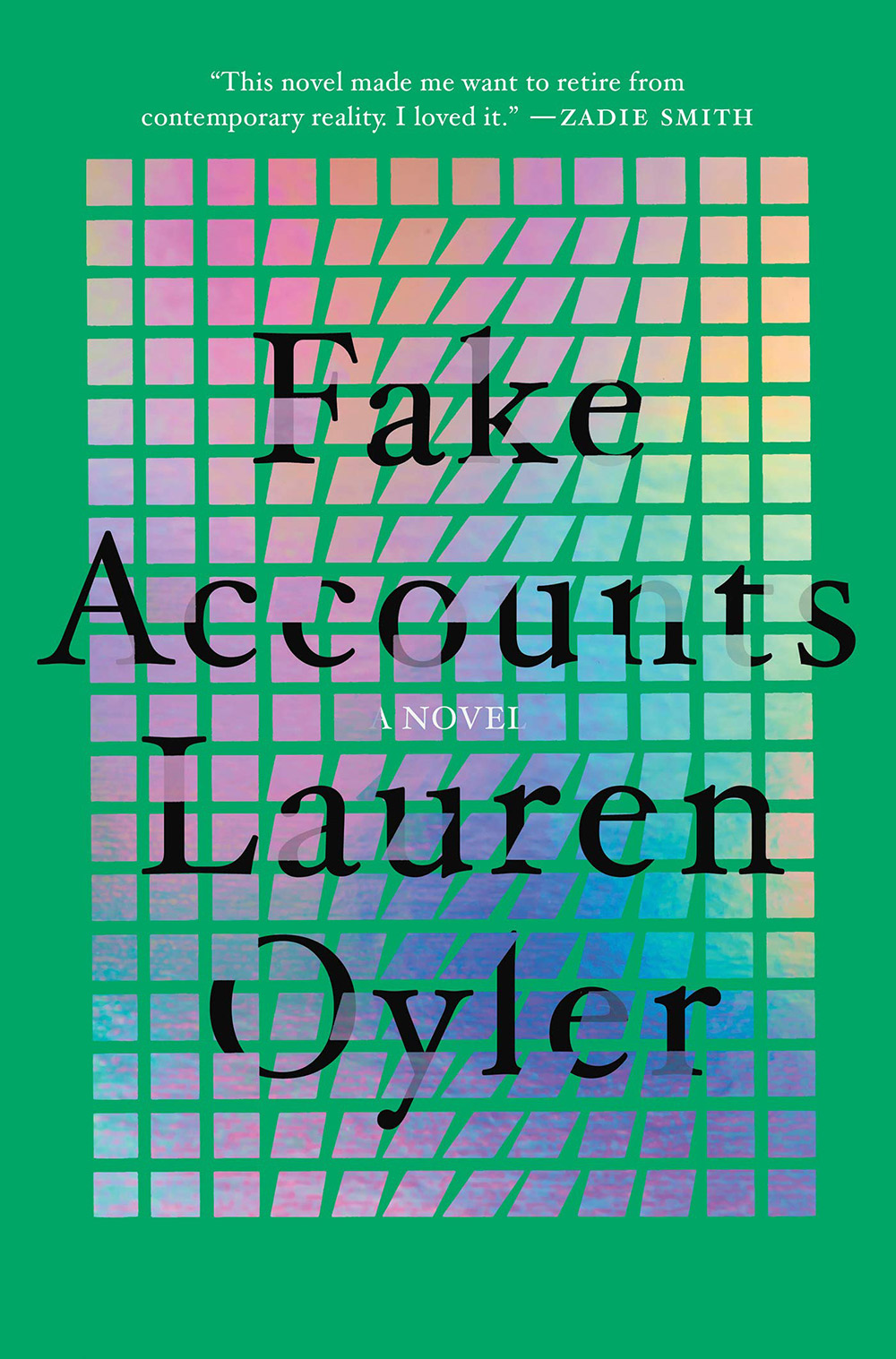Lauren Oyler Doesn’t Care If You Like Her
Books are having a moment in pop culture. Small press essay collections and experimental novels didn’t used to leave their niche circles, but posing with a hardcover, or better yet an advance copy, is now a cool kid thing to add to your feed. Kaia Gerber is fawning over Sally Rooney’s millennial romance Normal People over Instagram Live. Former NFL quarterback Andrew Luck is running a book club. Gigi Hadid is a Camus fan. Timothée Chalamet was reading something at the SAG Awards. Emrata curls up with Hilton Als’ White Girls in bed! For a publicist, a supermodel’s endorsement is now the paradigm. For literary critic Lauren Oyler, it’s a reason to be wary, an example of the way that social media metrics dictate which books get good reviews, and thus get read.
Oyler, who is as ruthless as she is very online, doesn’t hide her unpopular opinions—she isn’t a Rooney fan, for the record. Her review of Jia Tolentino’s otherwise beloved essay collection Trick Mirror crashed the London Review of Books website because intellectuals on Twitter are more prone to gossip and drama than Real Housewives. When Oyler announced her debut novel Fake Accounts, out February 1 with Catapult, the consensus among the media set was, ‘She writes so many bitchy book reviews, hers better be good.’ Oyler critiqued Tolentino for making “any observation about the world lead back to her own life and feelings,” when it should be the other way around. Oyler wrote the other way around.

In Fake Accounts, a blogger spirals when she discovers that her boyfriend secretly runs a conspiracy theory social media account. Set between Berlin and Brooklyn in 2016, the narrator is a cynical participant in the daily discourse that reminds us we live in a society with other human beings. She goes to the Women’s March and mainly recounts the crowds and a poppyseed muffin. She doesn’t have a name; I think of her as some combination of Doomer Girl from the Wojack universe and, of course, Oyler herself.
Another big Oyler idea: autofictional and personal essay writers are too concerned with being perceived as “good”, so much that their writing suffers. One solution is to anonymize the author, like the pseudonymous Elena Ferrante, who believes that “books, once they are written, have no need of their authors. If they have something to say, they will sooner or later find readers.” Oyler, who is 30, chooses parody to confront the desire for goodness, for an identity that strangers attach positive feelings to. Ben Lerner is referenced with an eye-roll, and a chapter of fragments read like Jenny Offill if she was 20 years younger and tipsy. Oyler’s protagonist is a liar and a dirtbag; she is actively trying to be less good. It’s much more fun, and funny, that way. Literature may be in, but earnestness never is.
Moments of direct address—“Maybe it seems to you damning that I would go back to bed with someone who could do such a thing”—keep us on track when the narrative drama eclipses the literary tricks and winks. Not that it’s so hard: Oyler’s fiction writing is addictive, just like social media. I didn’t think about reaching for my own phone when I was with Fake Accounts. Her intensely detailed, dramatized descriptions of the OkCupid questionnaire and her own Twitter avatar are more than enough. The avatar is the same as Oyler’s in real life. In an interview with The Cut, she says “that you never know if you’re learning something about the author or not, right?” Demanding morality from writers, or even celebrities, won’t give us better art. In fact, it might hinder its production. We should be lucky that in an era of screenshots and timestamps keeping the would-be cancelled in check, some people are still taking such risks.










